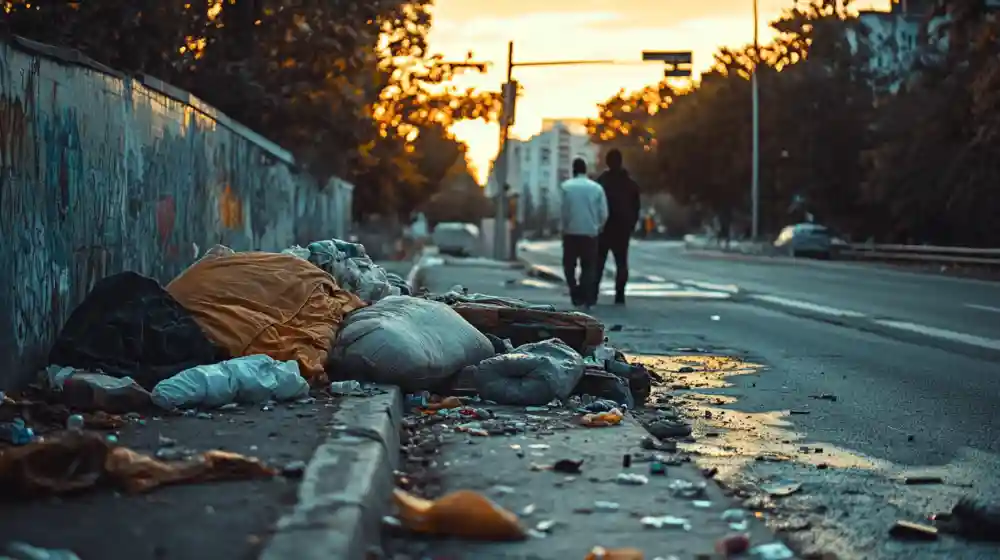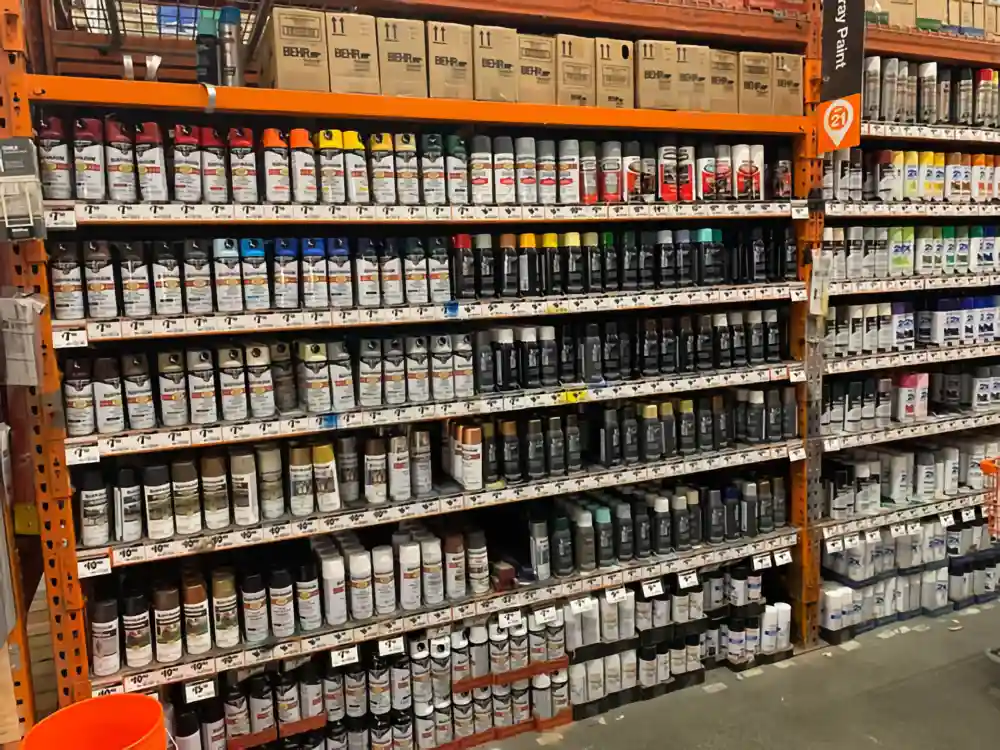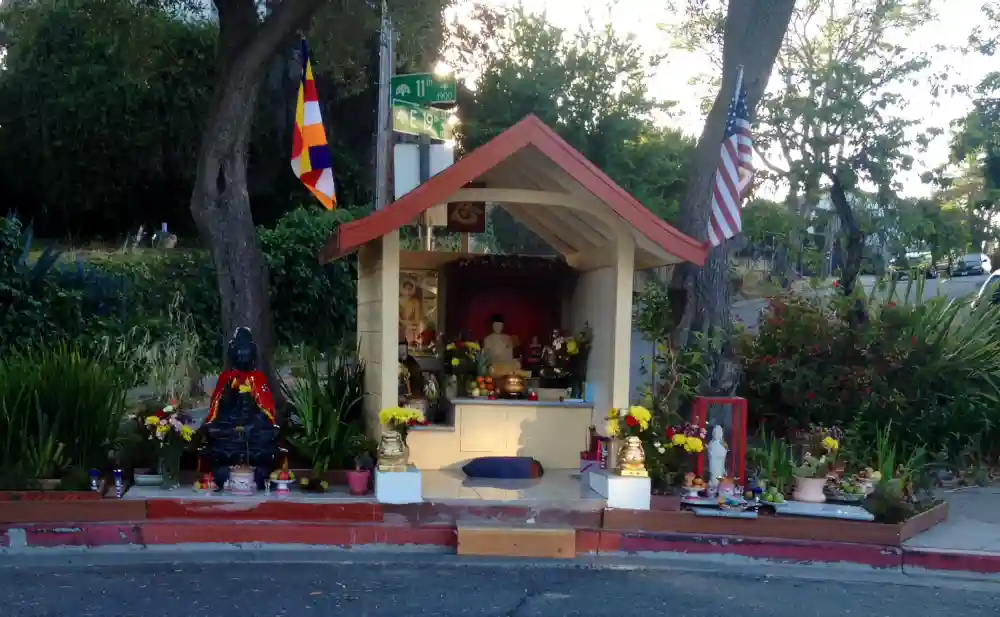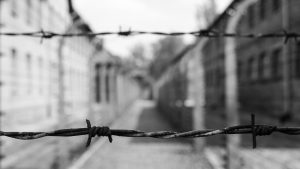A Neighborhood’s Problem
Right across the street from Dan Stevenson’s modest home in Oakland, California, was a concrete median.
And for whatever reason, that median was a magnet for trouble.
It started with trash—mattresses, broken furniture, bags of garbage. You name it, people dumped it there.
Dan would call the city to complain. They’d send a crew with a dump truck weeks later, and the garbage would disappear—only for the pile to start growing again almost immediately.
But it wasn’t just the trash. The median became a symbol of neglect. And in its shadow, trouble grew. Drug dealers started to gather. Cars would pull up at all hours, quick exchanges would happen, and the cars would speed off.
Dan wasn’t a city official or a neighborhood organizer. He was just a guy—a working-class neighbor watching from his window as the median across the street became a glaring reminder of everything wrong with his little corner of the world.
It was a source of frustration, even shame, for everyone living nearby.









